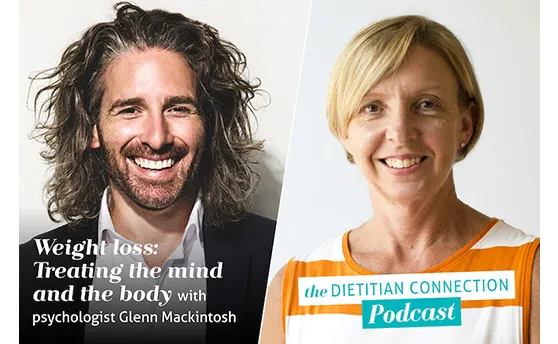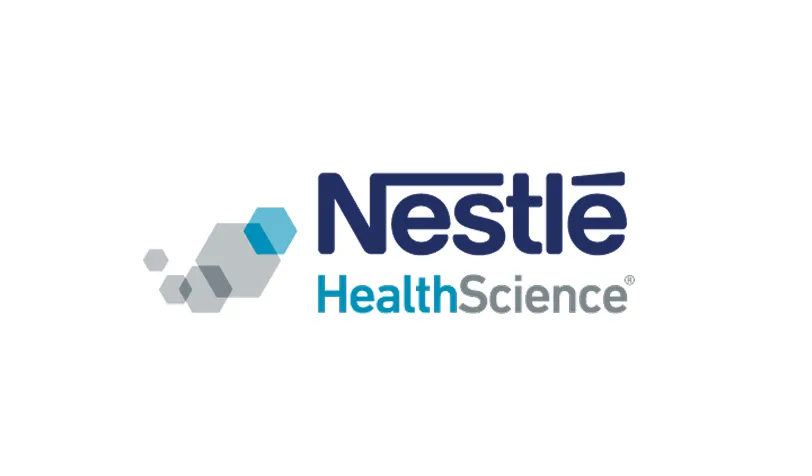This podcast, which features psychologist Glenn Mackintosh, discusses the psychological aspects to consider when a client is trying to lose weight, such as what to consider when a client walks into a clinic for weight loss advice, importance of support from a professional and how to help clients normalise lapses and relapses. This podcast was hosted and created by Dietitian Connection.
Weight Loss - Treating the Mind and Body with Psychologist Glenn MacKintosh
- 18/09/2021 - 12:42 pm
This webinar from the 81st American Diabetes Association presented by Dr. Ian J.Neeland and Professor Roy Taylor, discusses the current and emerging novel non-pharmacological approaches to the prevention and remission of type 2 diabetes, weight management, and CV risk reduction. This webinar also explores how visceral fat plays a role in the pathogenesis of obesity and co-morbidities.
This online resource is a patient information booklet highlighting the VLED diet required 2 weeks before bariatric surgery including sample meal plans and recipes. This pre-bariatric surgery patient information booklet covers why the diet is necessary pre-surgery as well as some of the challenges that patients completing the VLED may come across.
An online patient brochure explaining what protein is and the importance of optimal protein intake during the process of weight loss. The brochure also outlines the key features and benefits of OPTIFAST VLCD Protein Plus Shake products and how patients can utilise the Protein Plus Shake products as part of the OPTIFAST VLCD Program.
In this retrospective observational study it examines the increased nutritional risks in adults who undergo GLP-1 RA therapy, including those with type 2 diabetes, prediabetes, and obesity.
This study aimed to determine the demographic, eating, self‐efficacy and program engagement characteristics of VLCD users in Australia (regular vs. intermittent users) and associations with self‐perceived program success on weight loss, quality of life (QOL), mental health and physical health.
One challenge that arises after the completion of any weight loss therapy is weight regain. OPTIFAST VLCD products can be beneficial to help individuals maintain nutritional balance and reduce overall caloric intake to support continued weight management.
This retrospective review evaluates real world clinical experience of concomitant use of meal replacement products and GLP-1 RAs in Australia and South Africa. The results illustrate that this combination for weight management is feasible in real-life and may offer potential advantages for weight management.
Would your patients on GLP-1 RAs benefit from nutrition support? OPTIFAST VLCD products can help meet nutritional requirements when appetite is affected by GLP-1 RA therapy.
This research explores participant acceptability, adherence, safety, and experiences of using a short-term total diet replacement and a food-based low energy diet in adults living with chronic kidney disease and obesity.
This video abstract provides an overview of DiRECT-Aus trial, which confirms that an intensive lifestyle intervention (very low energy diet) delivered in an Australian primary care setting results in remission of type 2 diabetes for one in two participants.
The OPTIFAST Diabetes Management Guidelines have been developed to assist healthcare professionals manage patients with diabetes and excess weight who may be at greater health risk.
Learn about new Australian clinical evidence on the impact of the very low energy diets for Type 2 Diabetes remission. The DiRECT-Aus trial confirms that that an intensive lifestyle intervention (very low energy diet) delivered in an Australian primary care setting to individuals with recently diagnosed type 2 diabetes results in remission for one in two participants. The study was supported by Diabetes Australia (not-for-profit organisation), and 5 public health networks. Nestlé Health Science donated OPTIFAST VLCD product for the duration of the trial. Click here to view the video.








